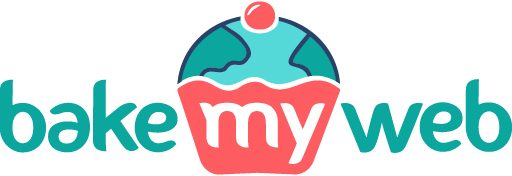What is a Blog?
A blog (a truncation of "weblog") is an informational website published on the World Wide Web consisting of discrete, often informal diary-style text entries (posts). Posts are typically displayed in reverse chronological order so that the most recent post appears first, at the top of the web page.
Blogs are typically updated regularly and often contain hyperlinks to other blogs, web pages, and other media related to its topic. Most blogs are primarily textual, although some focus on art (art blogs), photographs (photoblogs), videos (video blogs or "vlogs"), music (MP3 blogs), and audio (podcasts).
Blogs can be used for a variety of purposes, including:
- Personal journaling: Many people use blogs to share their thoughts and experiences with the world.
- Business marketing: Businesses use blogs to promote their products or services, build relationships with customers, and generate leads.
- Education: Blogs can be used to share information and knowledge on a variety of topics.
- Entertainment: Blogs can be used to share funny stories, jokes, and other forms of entertainment.
There are many different ways to create a blog. BakeMyWeb happens to be one of them and we strive to be the best. This will give you more control over your blog and allow you to customise it to your liking.
Here are some tips for creating a successful blog:
- Choose a niche: Choose a topic that you are passionate about and that you know something about.
- Write regularly: Blog posts are the lifeblood of your blog, so make sure to write new posts on a regular basis.
- Promote your blog: Share your blog posts on social media, email, and other channels.
- Interact with your readers: Respond to comments and questions from your readers.
By following these tips, you can create a successful blog that will engage your readers and help you achieve your goals.
Folder Structure
Depending on how often you would like to create posts, you may choose one of the following folder structure:
By Year and Month
posts
- 2022
- 11
- post-1
- post-2
- 12
- post-3
- post-4
- 2023
- 01
- post-5
- post-6
- 02
- post-7
- post-8
- 03
- post-9
- post-10
By Year
posts
- 2022
- post-1
- post-2
- post-3
- post-4
- 2023
- post-5
- post-6
- post-7
- post-8
- post-9
- post-10
Flat
posts
- post-1
- post-2
- post-3
- post-4
- post-5
- post-6
- post-7
- post-8
- post-9
- post-10
In the long run, keeping the posts structured By Year and Month is most frequently recommended.
Tagging Posts
Every post you create could be tagged to one of the tags you have already defined in the website. Keeping posts tagged help your visitors in focusing on content that is relevant to them. If you check
https://www.bakemyweb.com/tags/, you will see a page that shows different tags in a neatly categorised way with appropriate images. You can achieve this by
defining tags beforehand in your website. You can define as many tags as you like. Every tag gets its associated RSS feed as well. For BakeMyWeb's tag called hosting, there is an RSS feed
https://www.bakemyweb.com/tags/hosting/index.xml and a page:
https://www.bakemyweb.com/tags/hosting/ that shows posts with matching tag called hosting.
Post Series
Authors
Just like you tagged posts with Tags and Series, you can add Author information for each post. Doing that helps your viewers in fetching all posts written by a specific author.
I have read this
